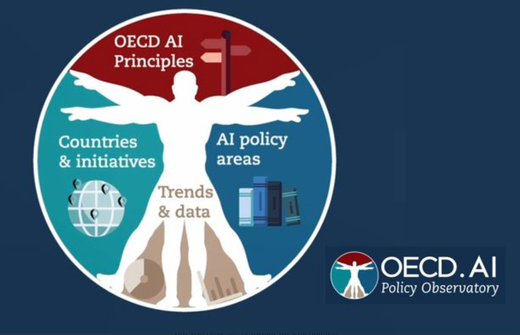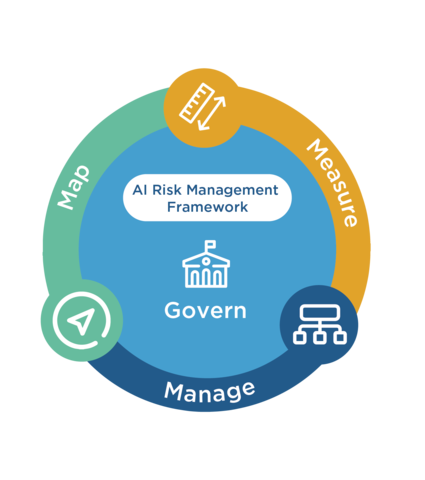Artificial Intelligence
Here at Envestnet, AI efforts are powered by our mission to bring to market the most innovative technology for the future of wealth management. We are optimistic about the potential of AI and its ability to help us to better surface client needs, personalize insights and save time while driving business. At the same time, we recognize that evolving technologies can raise novel challenges and risks. Our approach to AI is underpinned by our unwavering commitment to developing and deploying AI systems responsibly, ensuring they are trustworthy, transparent, and aligned with our ethical standards.
Learn more about Envestnet's Approach to AI and our AI Acceptable Use Policy below.




